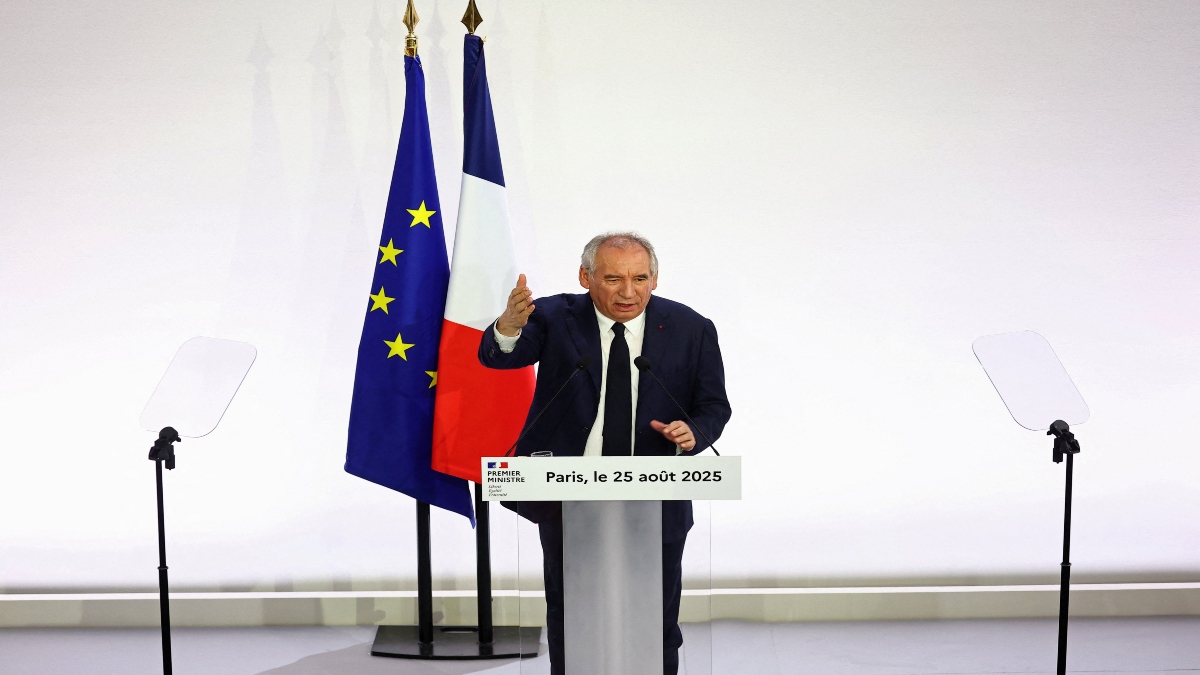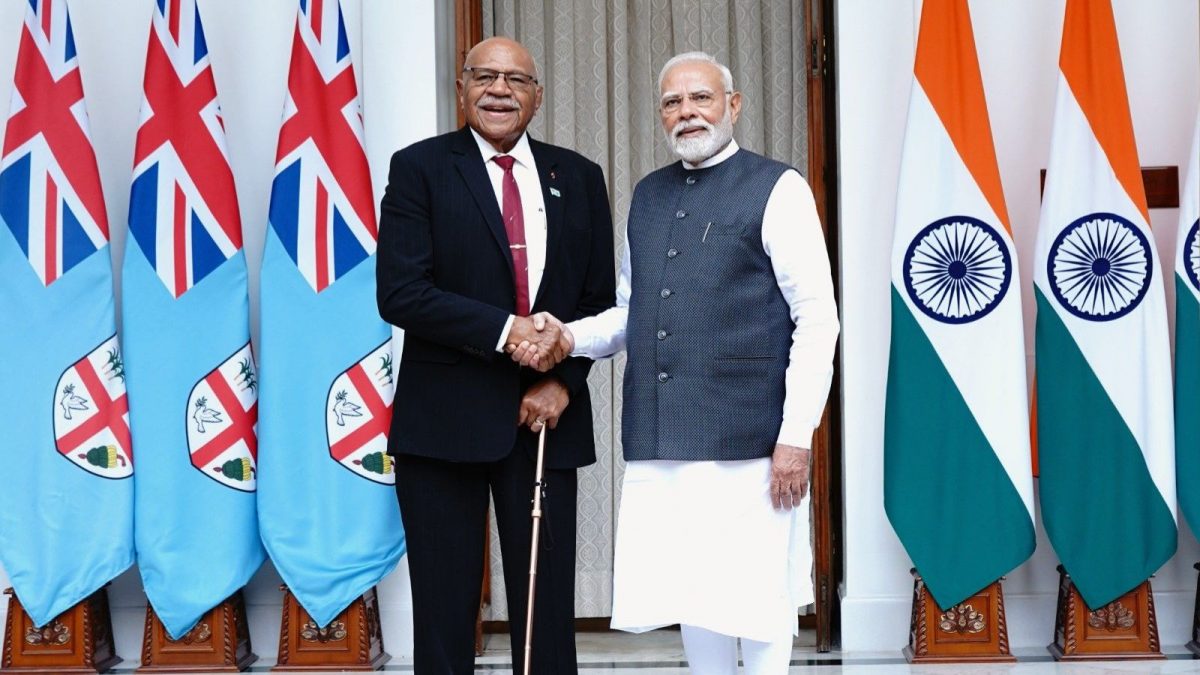French Prime Minister Francois Bayrou will seek a high-stakes confidence vote in parliament on September 8 over unpopular plans to clean up France’s public finances
French Prime Minister François Bayrou will face a crucial confidence vote in parliament on September 8 as he pushes ahead with contentious plans to overhaul France’s public finances.
The vote will test whether Bayrou can rally enough backing in a deeply divided legislature for his proposed €44 billion ($51.5 billion) austerity package aimed at reining in a budget deficit that soared to 5.8% of GDP last year — nearly double the EU’s 3% ceiling.
A loss would trigger the collapse of Bayrou’s minority government.
“We face an immediate danger, which we must tackle … otherwise we have no future,” Reuters quoted Bayrou as saying at a news conference about the debt burden.
“Our country is in danger.”
Bayrou said the upcoming confidence vote will be a test of whether lawmakers recognize the seriousness of France’s fiscal crisis and are prepared to support his proposed path to address it.
His austerity measures have drawn criticism from across the political spectrum, putting him at risk of the same fate as his predecessor, Michel Barnier, who was ousted by a no-confidence vote in late 2024 after just three months in office.
By calling the vote himself, Bayrou aims to take control of the political narrative and pre-empt any opposition-led attempt to unseat his government.
The vote is set for September 8 — just two days before nationwide protests planned for September 10, which have gained momentum on social media and are backed by leftist parties and several trade unions.
The protests are already being likened to the 2018 Yellow Vest movement, which erupted over fuel prices and spiraled into a broader revolt against President Emmanuel Macron’s economic reforms.
Additional unrest is expected on September 5, when taxi drivers plan to resume demonstrations opposing government plans to overhaul compensation for medical transportation.
Among Bayrou’s most controversial proposals are scrapping two public holidays and freezing welfare spending and tax brackets in 2026 at 2025 levels — effectively refusing to adjust them for inflation.
With inputs from agencies
End of Article

)

